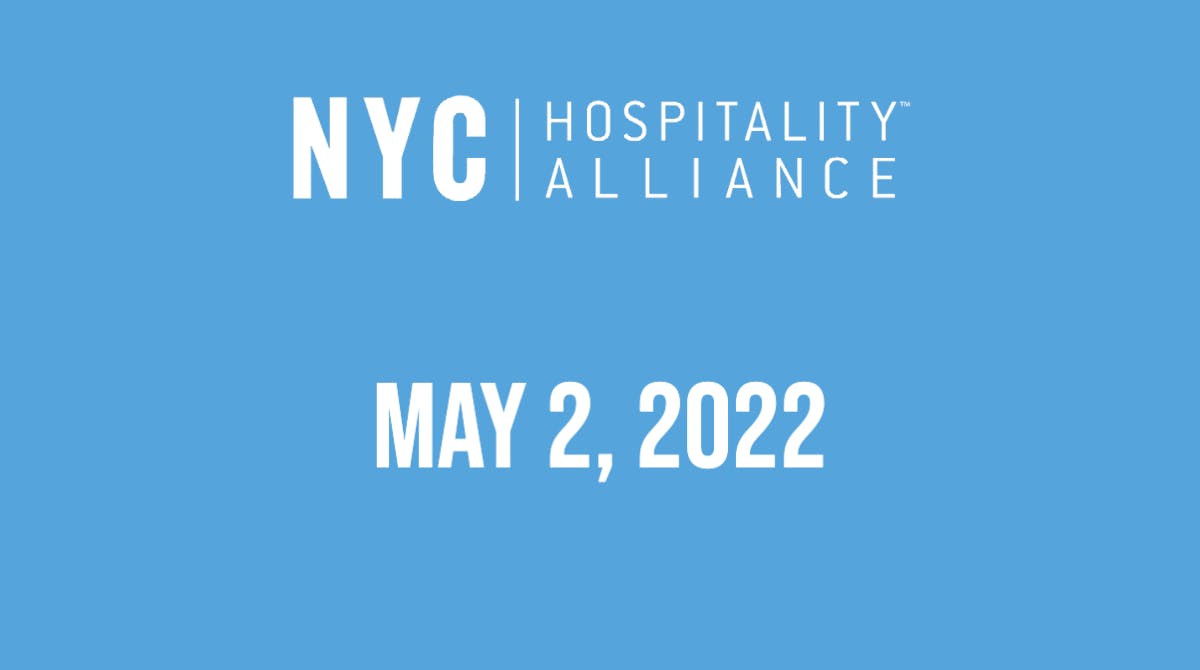NYC Pushes Back Wage Transparency Law to November 1, 2022


The New York City Council has passed a bill that – when signed into law – will push the effective date of New York City’s wage transparency law back to Nov. 1, 2022 from the original date of May 15, 2022.
Background
As explained in a previous alert, the Council on Dec. 15, 2021 passed an amendment to the New York City Human Rights Law (NYCHRL) making it an unlawful discriminatory practice for an employer with four or more employees (and at least one employee working in New York City) to advertise a job without stating the position’s minimum and maximum salary or rate of pay. Notably, the wage transparency law applies not only to public advertisements, but also to internally advertised job, promotion and transfer opportunities.
On March 22, 2022, the New York City Commission on Human Rights (NYCCHR) published guidance to assist employers in complying with the new requirements before they take effect.
As explained in our April 1, 2022 alert, however, the Council introduced this new bill on March 24, 2022, in order to, among other things:
- Move the effective date of the law to Nov. 1, 2022
- Exclude employers with fewer than 15 employees from having to disclose a minimum and maximum salary or rate of pay
On April 27, 2022, the Council amended the bill before passing it on April 28, eliminating the fewer-than-15 employees exemption. Accordingly, employers with four or more employees that have at least one employee working in New York City must comply with the City’s wage transparency laws.
What You Need to Know
A. Effective date is now Nov. 1, 2022. As explained above, the most important thing to know is that the City’s wage transparency law will not take effect until November 1 (originally May 15).
B. First-time violators have an opportunity to cure. The April 28 bill specifically states that employers who violate this law for the first time will not be subject to a fine if they:
- Cure the violation
- And provide proof of such cure to the NYCCHR no later than 30 days after the employer is notified of the violation
Employers may be fined up to $125,000 for subsequent violations.
C. Only current employees may bring a private right of action against their current employer. Persons aggrieved by alleged discrimination in violation of the NYCHRL may generally bring a private cause of action in court to seek recovery of damages, including punitive damages and injunctive relief. However, this bill makes clear that only employees may bring a lawsuit against their current employer for an alleged violation of the wage transparency law.
Non-employees, including applicants, may not bring a private right of action against an employer for failing to disclose the minimum and maximum salary or wage rate when advertising a specific job, nor may former employees bring a lawsuit against their former employer for failing to disclose the minimum and maximum salary or wage rate when advertising a specific job, promotion or transfer opportunity.
With the NYC wage transparency law now set to take effect on Nov. 1, 2022, covered employers should again review the NYCCHR’s March 22 guidance and be on the lookout for additional guidance related to the new additions to the law.
For more information about this alert, please contact Carolyn D. Richmond at crichmond@foxrothschild.com, Glenn S. Grindlinger at ggrindlinger@foxrothschild.com, Timothy A. Gumaer at tgumaer@foxrothschild.com, or any member of Fox Rothschild’s New York Labor and Employment Group.
